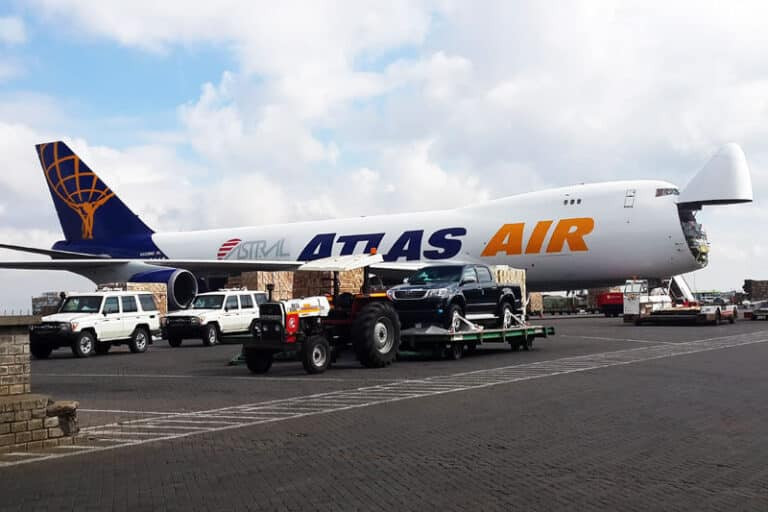Astral Aviation remains committed to its three-hub strategy for Africa even though it is reconsidering the planned Western base in Lagos, chief executive officer Sanjeev Gadhia (pictured below) tells Air Cargo Week (ACW) staff writer, James Muir.
Astral is planning a West Africa hub for the middle of this year and was looking at Lagos in Nigeria, but Accra in Ghana and Lome in Togo are now being evaluated due to better availability of jet-fuel and new airport infrastructure. Gadhia says Johannesburg is still the preferred option for a Southern hub.
He tells ACW: “Astral remains confident with the “three hub” strategy as its difficult to have a single hub strategy due to the size of the continent. The West African hub is expected to be ready by mid-2017 while the South African hub will be set-up in 2018/9.”
Astral Aviation’s main hub is in Nairobi, which Gadhia describes as “the premier air cargo hub in the continent” due to strong perishable exports, high quality infrastructure including five air-side terminals and one million tonnes of capacity, and its strategic location for East, Central, Southern, Horn of Africa and the Indian Ocean Islands, providing access to over 400 million people.
He says Nairobi exports an average of 6,000 tonnes of perishables a week resulting in numerous freighters flying in from Europe, Middle East and South Africa. Gadhia comments: “Inbound rates into Nairobi are low which makes it attractive for transshipments into the intra-African region.”
In 2016, Astral saw marginal intra-African growth with 550 flights on its fleet of F27s, DC9Fs and Boeing 727 Freighters, with a 75:25 split between scheduled and charter services. Gadhia says it utilised a twice-weekly wet-leased Atlas Air Boeing 747-400 Freighter on its Nairobi – London sector that uplifted in excess of 10,000 tonnes of perishables in 2016.
This year has started well for both scheduled and charter services including domestic flights within Somalia on the F27 while live-crab shipments increased on the Indian Ocean network due to high demand for Chinese New Year.
Looking into the future, Gadhia says the intra-Africa air cargo market will average 10 per cent growth per annum with hubs including Nairobi, Addis Ababa, Cairo, Johannesburg, Lagos and Accra growing particularly strongly.






